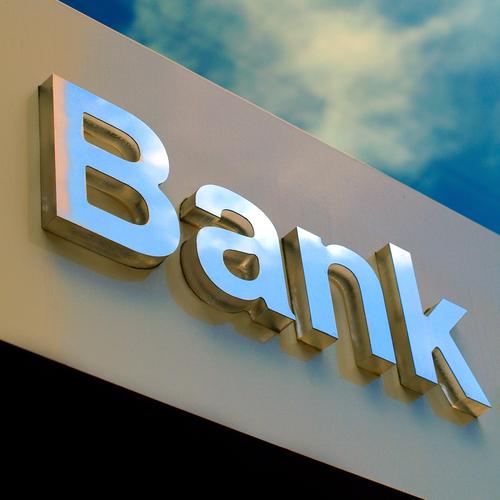Does Closing a Bank Account Hurt Your Credit?
Thinking about switching banks? Find out if closing a bank account can hurt your credit.
Laura Adams, MBA

A Money Girl Facebookfollower named Lauryn B. asks:
“I’m considering changing banks, but heard that it’s important to establish history with one. Is it bad to close a bank account after you’ve had it for a long time?”
(correction_with_script)
Not getting the free Money Girl Newsletter? Sign up for money tips and advice!
ANSWER:
Many people mistakenly believe that bank accounts affect your credit scores. The truth is that neither checking, savings, money market accounts, nor certificates of deposit (CDs) are included on your credit report; therefore, they have no positive or negative influence on your credit scores.
Your credit file only includes credit accounts (like loans and credit cards) and public records that involve debt, such as collection accounts, bankruptcies, tax liens, and civil judgments.
Not even the amount of money you have in the bank is reported on your credit file. However, if you overdraft a bank account and don’t pay back money you owe, a bank can turn your account over to a collection agency. That information would show up as a delinquent account on your credit report and negatively affect your credit scores.
A few more things that don’t show up on a credit report are:
-
transactions made with debit or check cards linked to bank accounts
-
medical history, except accounts in collections
-
criminal background, such as arrest records
-
assets owned, such as equity in real estate
-
investments or retirement accounts
-
income history
-
gender, race, or education
Related Content: 9 Things That Can’t Hurt Your Credit Scores
Having a lengthy relationship with a small, local bank or credit union may give you a leg up for getting approved for a loan or credit card. However, these days, most large banks and lending institutions make credit decisions based solely on strict underwriting guidelines—such as your credit score, income, debt, and job history.
So never stick with a bank that gives poor service or charges fees. The benefits you’ll receive from making the switch to a better bank are worth it. However, you can always have accounts at more than one bank if you’re hesitant to end a business relationship with a small bank or credit union.
Other Articles and Resources You Might Like:
5 Tips to Simplify Your Personal Finances
How to Build Credit Without a Credit Card
Make a Quantum Leap in Your Personal Finances
The Best Checking Accounts Allow You to Bank the Benefits
Not subscribed to the free Money Girl podcast on iTunes? Click here to subscribe!
Bank Office Sign photo from Shutterstock

